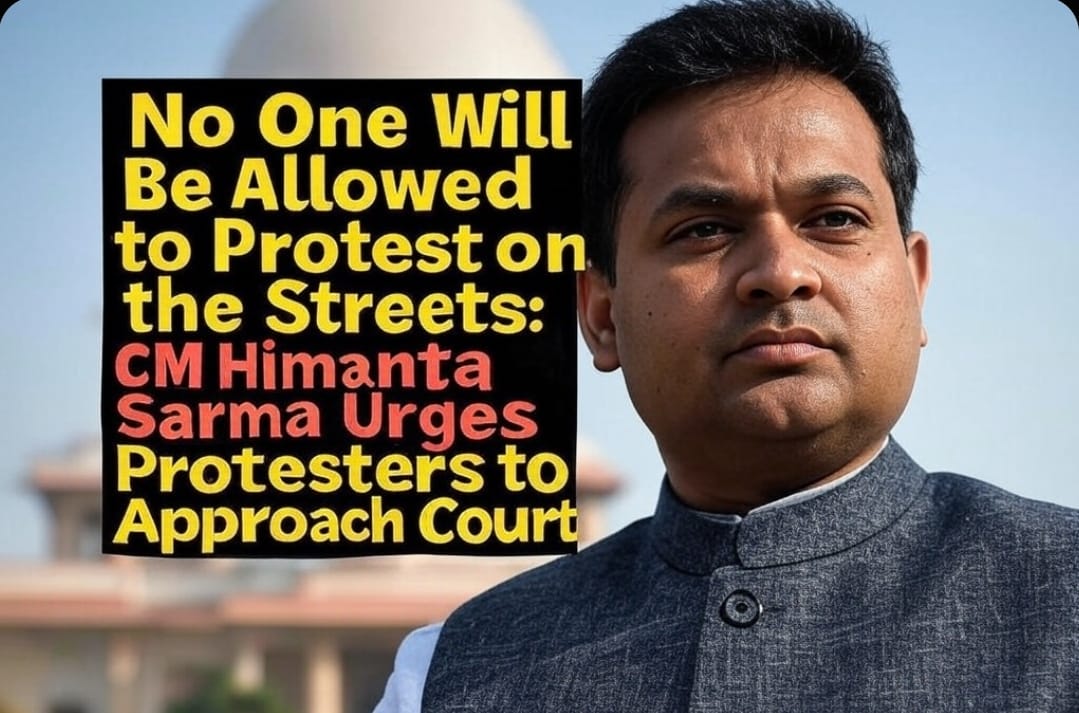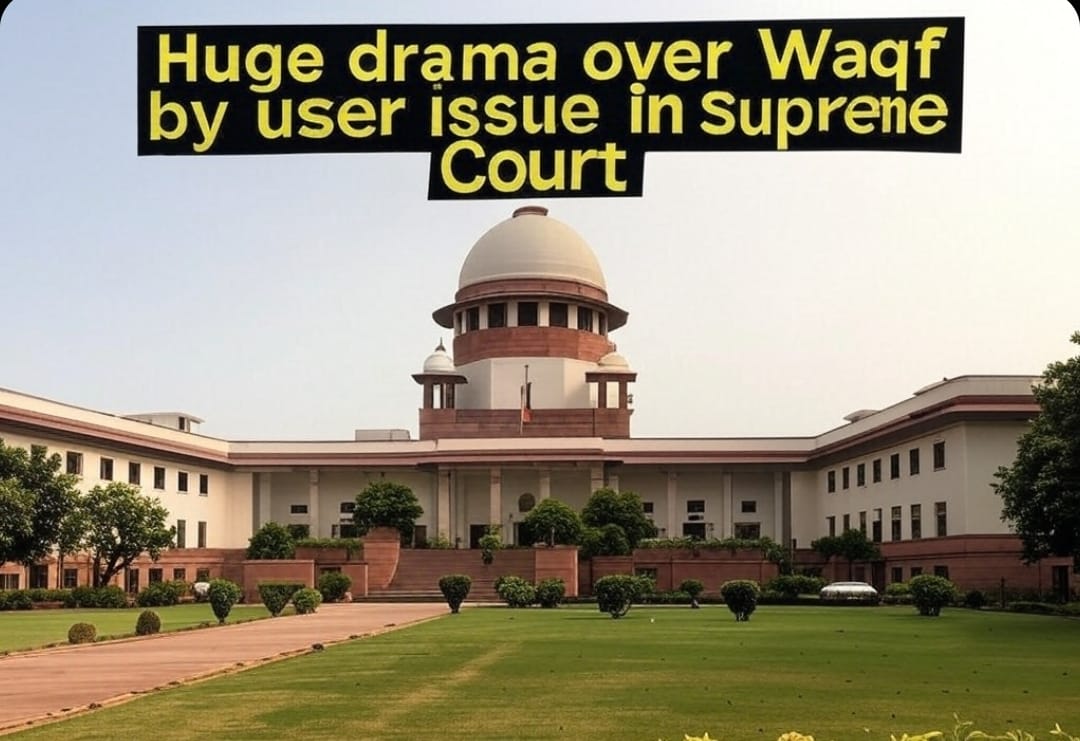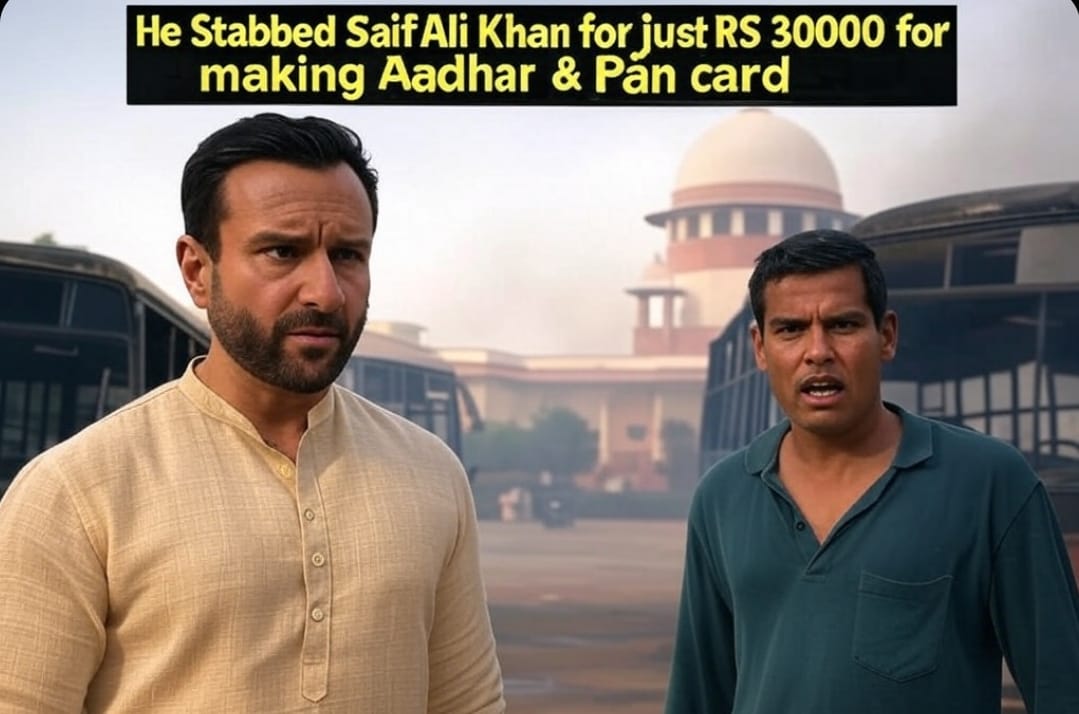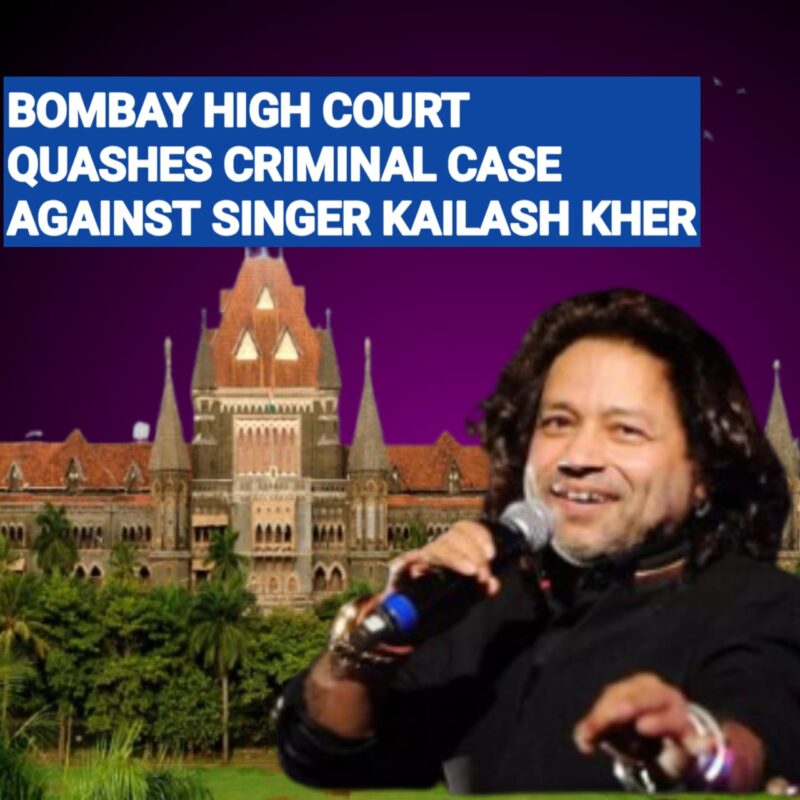The recent ruling of the Madras High Court allowing the Chennai Metro Rail Limited (CMRL) to acquire lands belonging to temples to build a metro station has thrown open discussions on many fronts of urban development, public interest and religious considerations. The worthy judgment was decreed by Justice N Anand Venkatesh, who favoured speaking on behalf of society at large for larger benefit when he famously said: “God will forgive us,” meaning that while the services of such projects may be for the general public, their gain will ultimately count.
Case Background
On March 11, 2025, the Madras High Court cleared the way for CMRL to acquire lands close to two Hindu temples for constructing a metro station. The metro station forms a part of the ever-growing Chennai metro network to better connect the sprawling urban city. The court makes it lucid that even lands owned by religious institutions become part of the public acquisition clause under Indian law.
In its judgment, Justice N Anand Venkatesh cited a precedent from the Kerala High Court in Balakrishna Pillai vs Union of India, where the court observed that God would forgive the acquisition of religious land for national highway development if it served a larger public interest.
The court also found that the metro station would allow closer access for temple devotees. Justice Venkatesh added: “God would only shower kindness for such a project,” further stressing that public welfare must take precedence over institutional privileges.
Legal Framework
The Right to Fair Compensation and Transparency in Land Acquisition, Rehabilitation, and Resettlement Act, 2013, is the governing law concerning land acquisition in India. The law permits the government the acquisition of land for public purposes while prescribing fair compensation and rehabilitation for people affected. The court also reiterated that these provisions extend to religious institutions.
This decision is in line with past judgments upholding the acquisition of private or institutional land for public infrastructure projects. For instance, similarly in the CMRL case, Justice N. Paul Vasanthakumar declared lawful tenants affected by land acquisition to be compensated under the provisions of law.
Public Interest vs Religious Sentiments
The ruling highlights the delicate balance existing between urban development and the preservation of cultural heritage. On the one hand, infrastructure projects like metro stations are in dire need to respond to urban malaise; on the other, these projects face opposition whenever they touch upon religious or culturally significant lands. According to critics, such acquisitions trample over sacred spaces; supporters list them as progress milestones.
Justice Venkatesh’s consistent application of judicial precedents in favoring public interest rather than personal sentiment indicates a trend. The acknowledgment of temple devotees deriving benefit from the project is even more on the side of public welfare.
Compensation and Fairness
Fair compensation is an abiding pillar of land acquisition laws in India. The Madras High Court made an imperative mandate for authorities by requiring them to comply with the legal provisions which ensure the market-value compensation available for affected parties, which will lead to the abatement of disputes and protective rights for those who regard their interests in the project.
In that context, courts have often faster-tracked these compensation cases so that the project is not delayed. The latest example is the order from the Madurai Bench of the Madras High Court directing the revenue officials to work out the market values for the temple lands situated near the campus for acquisition.
Implications for Urban Development
The ruling provides an important precedent for future infrastructure projects that involve lands which are to be consulted or developed under the aegis created by religion or culture. It shall demonstrate that the judicial branch can champion developmental needs with culture preservation only when due process is followed.
These include all kinds of infrastructures necessary for rapid urbanization-including metro systems, highways, and airports. Infrastructure includes land acquisition from private and institutional entities including religious organizations. Judgments such as these guide the tension between development needs versus cultural or religious feelings.
Conclusion
The judgment of the Madras High Court belongs to a new emerging attitude concerning the urban scourge in India. Putting greater interest in the public domain along with legal arrangements incorporating compensation, the judgment points toward an all-inclusive development of urban areas while dealing with cultural sensitivities.
Justice N Anand Venkatesh’s statement—”God will forgive us”— expressed lucidly the essence of this pragmatic approach: to balance progress for society with respect for the traditions of the people. Surely, such verdicts will become causeways for the development of India’s urban landscape as cities like Chennai grow, all the while ensuring unity between modernity and heritage.
About author
Syeda Ayesha is a passionate 3rd year BBA LLB student at Sultan-Ul-Uloom College of Law in Hyderabad, with a special interest in criminal law and family law. She has built her academic journey on a solid foundation of legal principles, progressing from basic to advanced levels, and is eager to apply this knowledge in practice. Determined to gain practical experience, she is committed to learning more about the law. Ayesha is excited about the opportunity to work in a dynamic legal environment, which she sees as a valuable avenue for both personal and professional growth.













